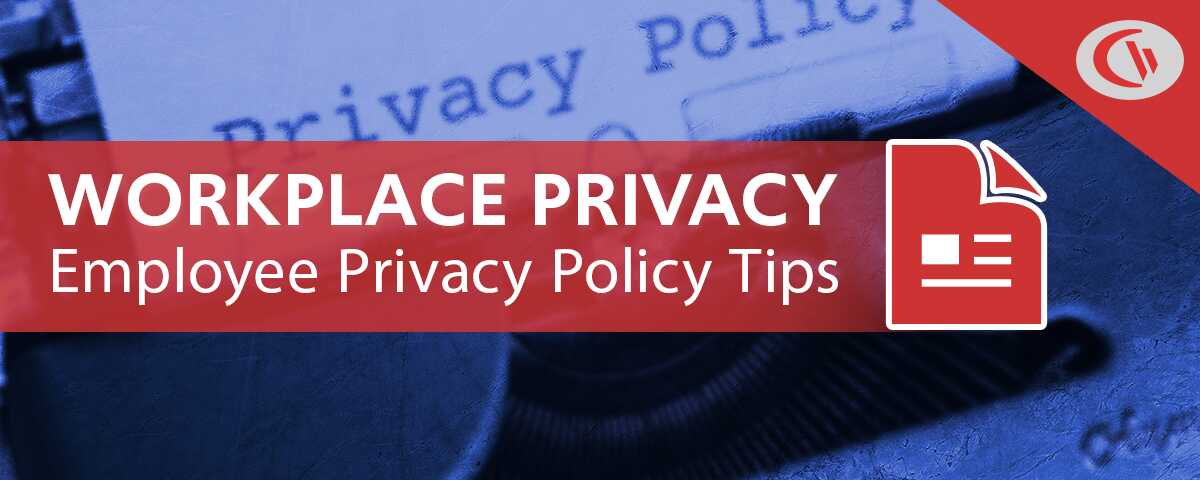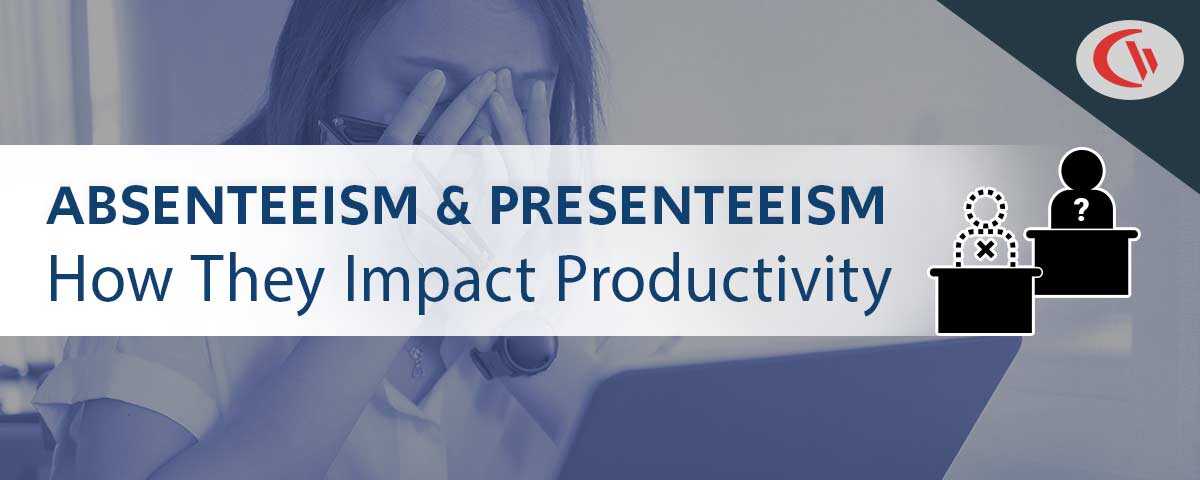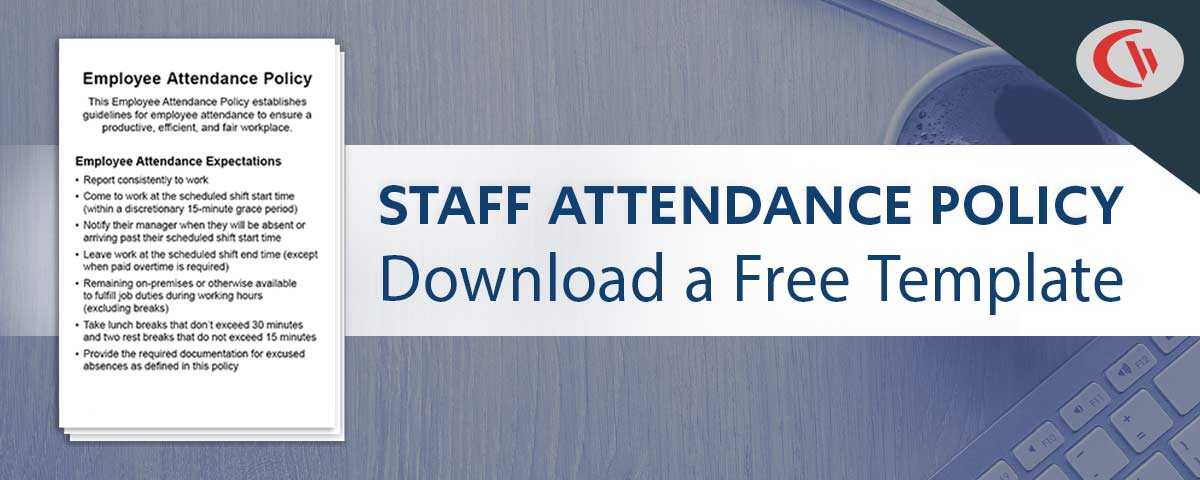What is an Employee Privacy Policy? Why Do I Need One?

Does your company have an employee privacy policy? If not, you may not realize the critical role that these policies and procedures play in your company. In this article, I will define what an employee privacy policy is, why your company needs one, and what you need to include in it.
Workplace Monitoring Policy Template
- Disclose your company’s intent to monitor employees in the workplace
- Set workplace privacy expectations for employees
- Meet transparency requirements for compliance with privacy laws
Get started today—Download the FREE template and customize it to fit the needs of your organization.
- Definition of Employee Privacy Policy
- What is an Employee Privacy Policy Used For?
- What to Include in Your Employee Privacy Policy
- The Personal Information Collected & Its Intended Business Use
- How Personal Data is Collected and Protected
- Any Applicable Law(s) – GDPR, CCPA, etc
- Retention of Personal Information
- How Employees Can Access and Review Their Personal Information
- Employee Privacy Policy Examples
- Conclusion & Further Reading
Definition of Employee Privacy Policy
An Employee Privacy Policy is a document that employers use to let their employees know how their personal data will be collected, processed, stored, and shared. These policies are essential for any company that requires the use and disclosure of an employee’s personal data for business purposes.
An employee’s personal data may include their social security number, emergency contact information, address, home phone number, interview notes, publicly available information, and other personal information collected by their employer and related parties.
What is an Employee Privacy Policy Used For?
An employee privacy policy communicates the collection, use, and disclosure of the employee information collected by an employer and the legitimate business purposes for which it was collected.
These policies set privacy expectations for employees, notify them of their rights regarding the information collected, and inform them of the processes they can take to access and correct their personal information.
Employers create these policies to comply with all applicable workplace privacy regulations. For example, businesses that are subject to the General Data Protection Regulation (GDPR) must have a policy regarding the collection, use, and disclosure of personal information.
Monitoring Employees in the Workplace
A company that wants to monitor employee computer activity will use similar policies and procedures to notify its employees that employee monitoring software is being used.
An employee monitoring policy (workplace monitoring policy) will also disclose what data is being collected by the software, in what context the use or disclosure of the collected data will occur, the security measures that are in place to protect the data, and the business purposes for the data.
Learn More:
How to Make a Workplace Monitoring Policy [Free Template]
What to Include in Your Employee Privacy Policy
The Personal Information Collected & Its Intended Business Use
Any company is bound to accumulate personal information of its employees throughout the employment relationship. When writing your employee privacy policy you must disclose what data is collected and the business purposes for its collection
What is Personal Information?
- Identifiers such as the employee’s name and social security number
- Medical information such as health insurance information and disability status
- Contact details such as home address, phone number, and email address
How Personal Data is Collected and Protected
Disclosing the means that your company uses to collect employee personal data is just as important as disclosing the information that will be collected.
Once that data is collected it must also be securely stored and protected against unauthorized use or disclosure. The cybersecurity practices your company takes to protect employee data must be proportional to the risks associated with the misuse of that data.
Ways that data can be collected include
- Collecting publicly available information from the internet and public records
- Using software to monitor employee activity on company-owned equipment, devices, computers, network, applications, software, and similar assets and resources.
- Direct disclosure from the employee, such as during onboarding and interviews.
Any Applicable Law(s) – GDPR, CCPA, etc
Depending on the privacy legislation in your company’s (or employee’s) jurisdiction you may need to create multiple unique policies. Data privacy legislation such as the EU’s GDPR and The California Consumer Privacy Act (CCPA) have their own privacy practices that must be adhered to by your company.
It’s important to understand that while a company generally has the right to freely use publicly available information, this may not be true for every jurisdiction. When writing your employee privacy policy you must consult with a legal professional to understand the legal processes required by your company and ensure that the data is being lawfully collected throughout the employment relationship.
Retention of Personal Information
Generally speaking a company should only keep personal data for as long as they have legitimate business purposes for it. Once the data is no longer required it should be disposed of per applicable legislative requirements.
In your policy your company should disclose how long the collection, use, and disclosure of data will occur and the circumstances that will lead to its disposal.
How Employees Can Access and Review Their Personal Information
Employees should be provided access to their own data where feasible or otherwise required of your company. They should be provided with a point of contact that can assist them with accessing the data and making any necessary corrections.
Employee Privacy Policy Examples
Conclusion & Further Reading
An employee privacy policy is an essential document for any company that is involved with the collection, use, or disclosure of employee information.
If you will be using employee monitoring software to track computer activity in your company you can use a similar policy to disclose your intent to monitor, the types of monitoring conducted, and what privacy rights your employees have.
Want to start monitoring employee computer activity? Get started today with a FREE trial of BrowseReporter, CurrentWare’s employee monitoring software.
More Resources


